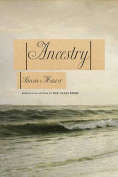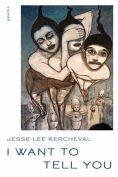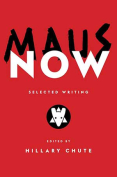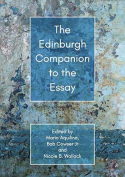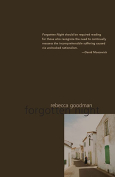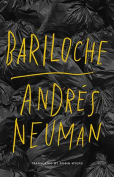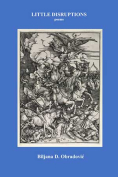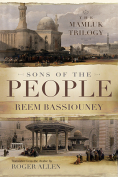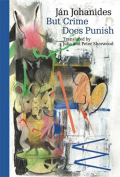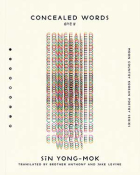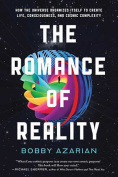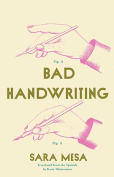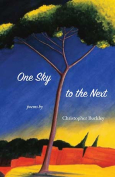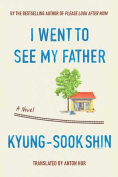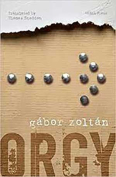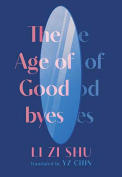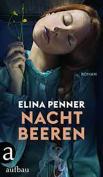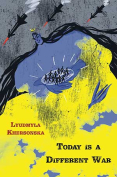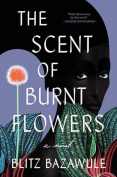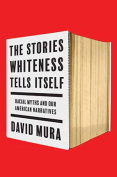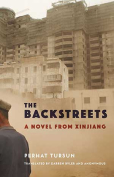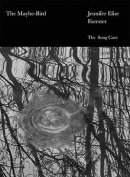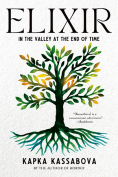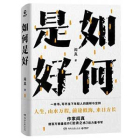Ru He Shi Hao (What to Be) by Yan Zhen
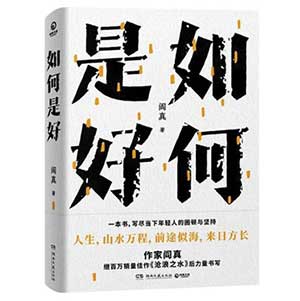 Changsha. Hunan Literature & Art Publishing House. 2022. 396 pages.
Changsha. Hunan Literature & Art Publishing House. 2022. 396 pages.
Ru He Shi Hao (What to Be) is Yan Zhen’s fifth novel, published eight years after his last one, Huo Zhe Zhi Shang (Above Being Alive). Yan Zhen continues his quest for the meaning of life, and this time he focuses on the hardship of young women in the cities. It’s his second time to have a female protagonist and the first to tell a female story in the first person. Both his latest novels are concerned with women’s life in modern cities—Above Being Alive is mainly about their confusion in love, this one about their struggles in life. Besides, What to Be is considered the female version of Cang Lang Zhi Shui (The Water of the Cang Waves), the latter well known as the “Bible” for government officials.
Surviving is the never-changing theme for all of Yan Zhen’s works. He constantly retrieves and attempts to redefine its core. In this novel, once again, he uses lots of inner monologues to directly express the desperation of the protagonist, Xu Jingjing, a graduate newly stepping into society. The constant disappointment and self-denial lead readers to the brink of a break with her. In describing Xu’s failure in job hunting, the writer paints various walks of life in modern China. Graduates flood the civil service exam. Real estate witnesses drastic ups and downs. Telecom frauds target pensioners. Food-service delivery harbors countless unemployed laborers. All these elements form a full picture of hard-working citizens fighting for their lives in a harsh world.
Yan Zhen successfully captures the key issues faced by working women and describes their confusion and struggle with a delicate touch. But, different from its counterpart, The Water of the Cang Waves, and most of his other works, this female version never reaches the climax of Xu’s tragic life. All her sufferings and struggles in securing a husband and finding a stable job are simply listed one by one, chained together instead of piled up. These tragic events do not lead to a culmination. Readers easily get lost in the long list of repetitive failures. There is no end, no expectation of miracles, and no one moment singled out as an exciting turning point. Even though Xu gets married in the end and achieves something in her career, it is not what she pursued in the beginning. Her success is just a pale, mediocre, and reluctant compromise with this cruel world.
Despite his mature and polished writing style, Yan Zhen’s attempts to tell a female story with a young woman’s avatar prove a failure, unfortunately. It’s too easy for female readers to detect a seasoned senior academic between the lines. His voice is much louder than hers. And for a female story, it should be her own voice that really matters.
Gong Qiangwei
China University of Mining Technology
